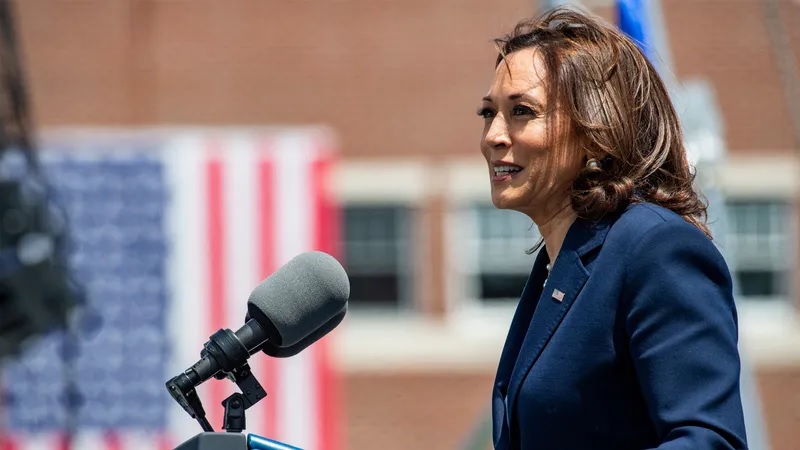
Kamala Harris supports suspension of legislative filibuster amid constitutional debates
Vice President Kamala Harris recently expressed her support for suspending the legislative filibuster, a move that would allow Democrats to more easily pass legislation, including measures related to reproductive rights. This proposal has ignited discussions about the implications for the constitutional order in the United States. Critics argue that eliminating the filibuster would undermine the checks and balances integral to the nation's governance.
While the filibuster is not enshrined in the Constitution, many see it as a vital mechanism that maintains a balance of power. Supporters of the filibuster contend that it prevents fleeting majorities from enacting sweeping changes without broader consensus, while opponents argue it enables minority rule.
Historical references highlight that past Democratic leaders, including former President Barack Obama, have both defended and criticized the filibuster, reflecting shifting party perspectives. The ongoing discourse raises questions about the potential for increased centralization of power and the future of various institutions, including the Supreme Court and the Electoral College.
As discussions evolve, the role of the filibuster in American governance remains a focal point, influencing how legislation is debated and passed in Congress. The outcome of this debate could have lasting implications for the legislative process and the balance of power within the federal government.
Stichworte







